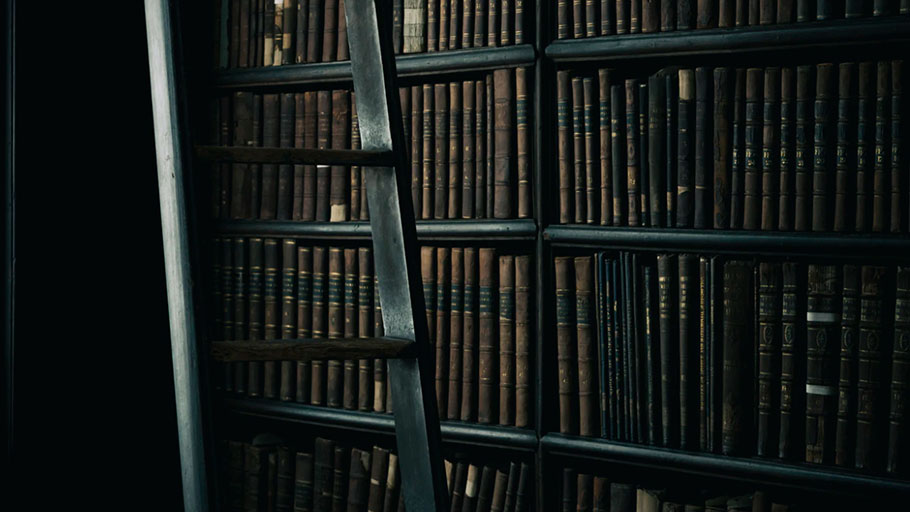
By Allison Miller — History, as a discipline, has a race problem. White people dominate the study of history, as students and as those who earn PhDs. According to federal…

By Allison Miller — History, as a discipline, has a race problem. White people dominate the study of history, as students and as those who earn PhDs. According to federal…
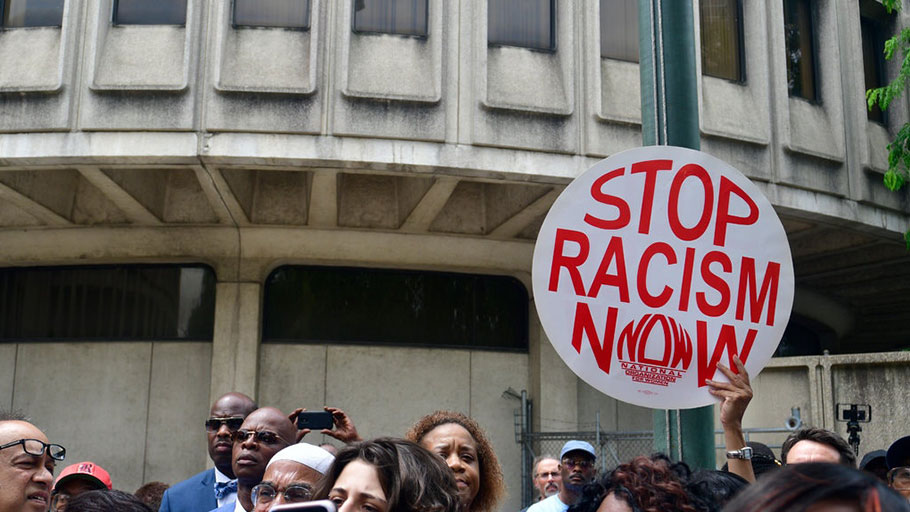
An assault at a New Jersey high school football game had an unexpected cast of characters. By Nell Irvin Painter — Two 17-year-old boys accused of harassing four African-American middle schoolgirls — using…
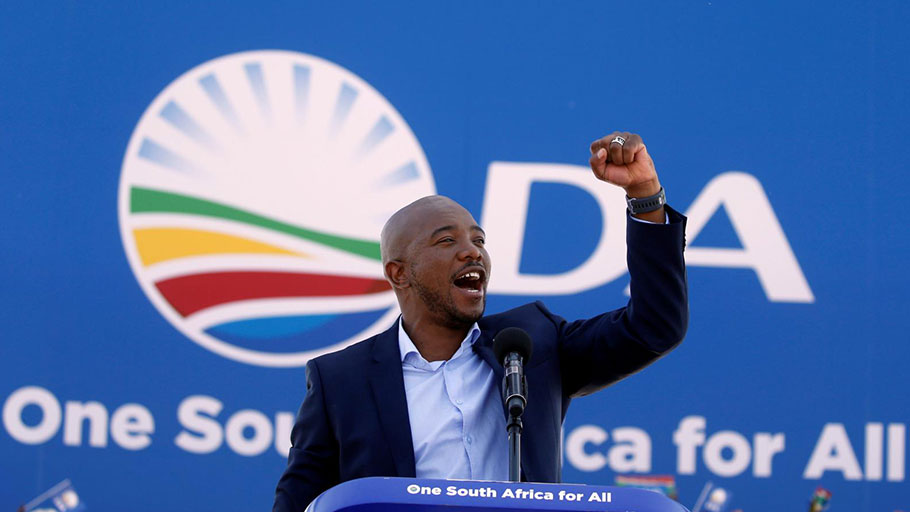
By Steven Friedman — Liberalism is meant to be about freedom for all individuals, regardless of race. But linking liberalism to whiteness as is happening now is not new in South Africa. Most activists who fought for black freedom dismissed liberalism as a white ideology designed to tame black people, not to free them. This was hardly surprising, since many white liberals spoke and acted as if liberalism was exactly that:…

By Dr. Maulana Karenga — Clearly, there are important lessons we may sadly learn from the spectacle of Black forgiveness in a recent Dallas court after a White policewoman, Amber…
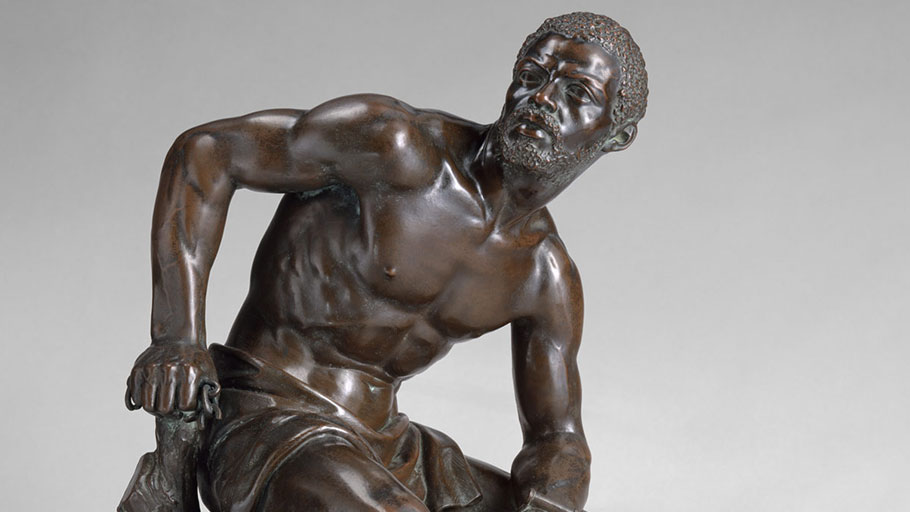
By Thomas A. Foster, History News Network — Editor’s note: This is an excerpt from Rethinking Rufus: Sexual Violations of Enslaved Men by Thomas A. Foster. Reprinted with permission from The University of Georgia Press. The promise of freedom may also have been used to entice enslaved men into sexual contact with white women. In eighteenth-century Pennsylvania, one court record of punishment meted out to a white woman and an enslaved man for…
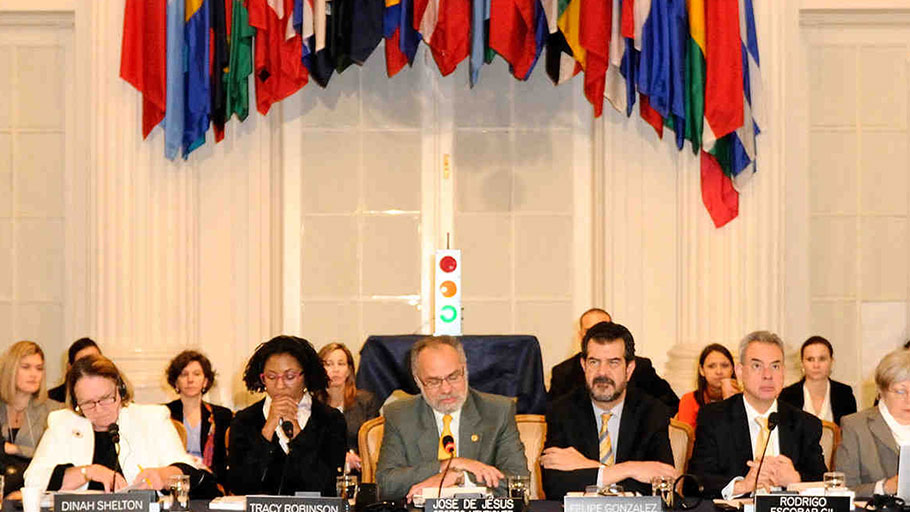
By Justin Hansford, ACLU — It is common for nations where mass atrocities have taken place to engage in the process of reparation and repair. This process happened in Germany after the Holocaust, South Africa after apartheid, and here in the United States, forty years after the internment of Japanese-Americans during World War II. As a result, international human rights bodies have sought to lend their expertise to the process, often by…
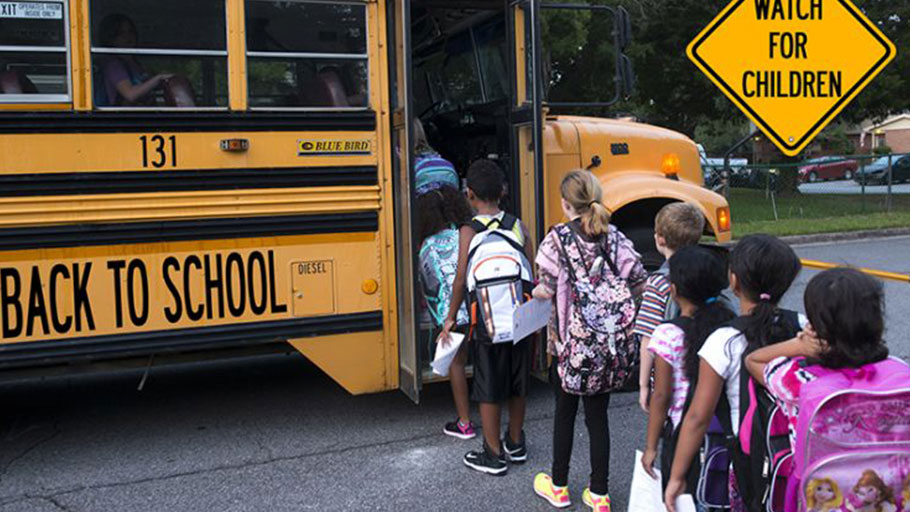
Sixty-five years after Brown v. Board of Education, U.S. schools remain largely segregated. This matters not only because white and black students experience very different educational outcomes, but also because school…
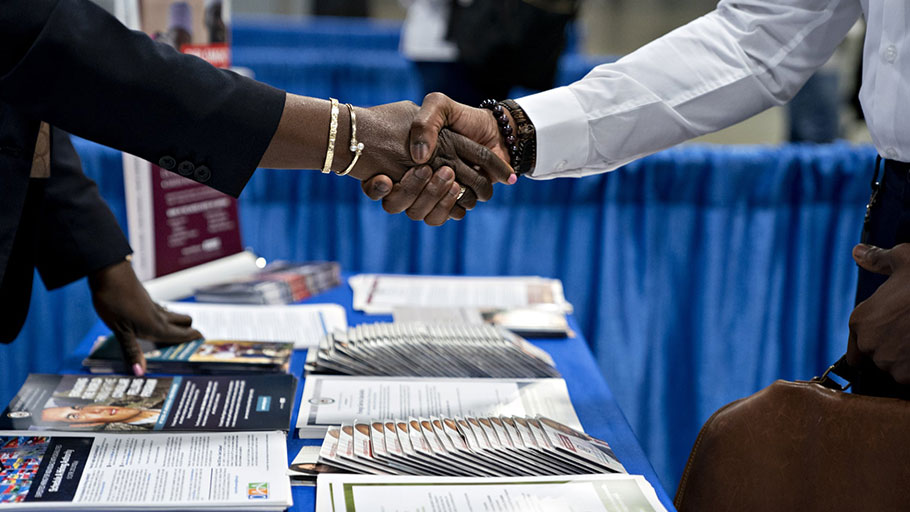
Unemployment rate tells a different story about the economy when race is considered, even when job numbers are strong. By Lauren Aratani, The Guardian — What I’ve done for African Americans in two and a half years, no president has been able to do anything like it,” Donald Trump boasted in August, the latest in a series of statements in which he has claimed to be the best president for…
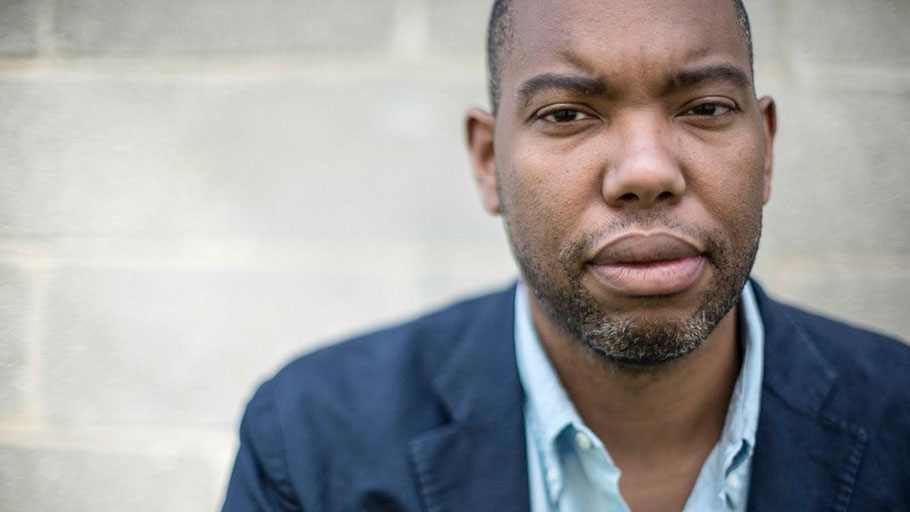
“The Water Dancer” comes out of a powerful examination of the legacies of slavery today. By Eric Herschthal, The New Republic — Eight years ago, Ta-Nehisi Coates wrote an essay in The…
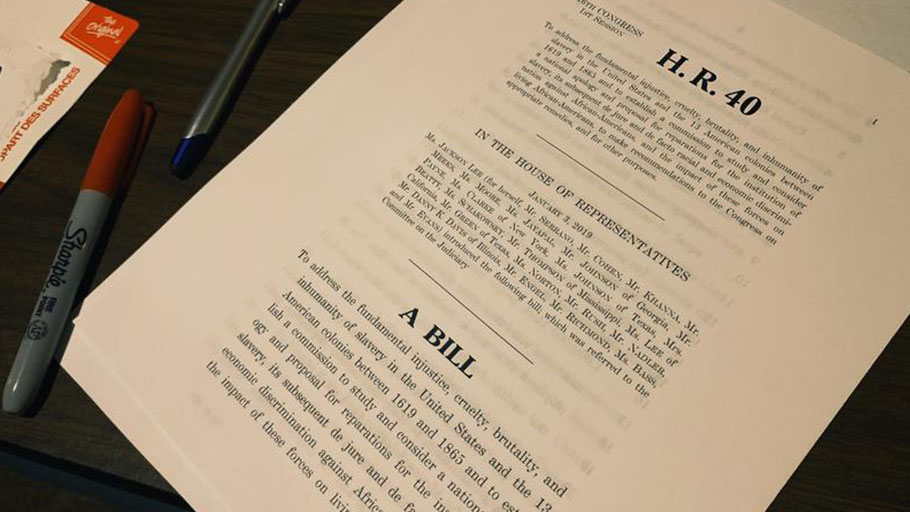
By Ambriehl Crutchfield, WVXU — Some Cincinnatians are making a case for and against reparations for descendants of enslaved Africans. During St. Peter’s United Church of Christ’s event “Race, Rage…
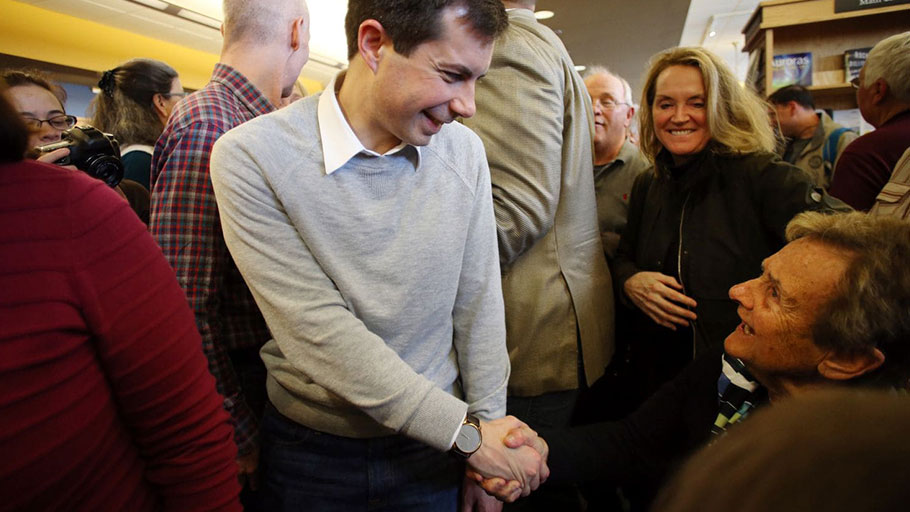
By Julie Zauzmer, The Washington Post — CONCORD, N.H. — Over the past two years, a series of racist incidents has shaken New Hampshire, a state that’s nearly 95 percent white. A biracial 8-year-old was pushed off a picnic table with a rope around his neck in Claremont, an assault authorities are investigating as a hate crime. Teens sang “Let’s kill all the blacks” during a high school history class in Dover. A burned Confederate flag was…
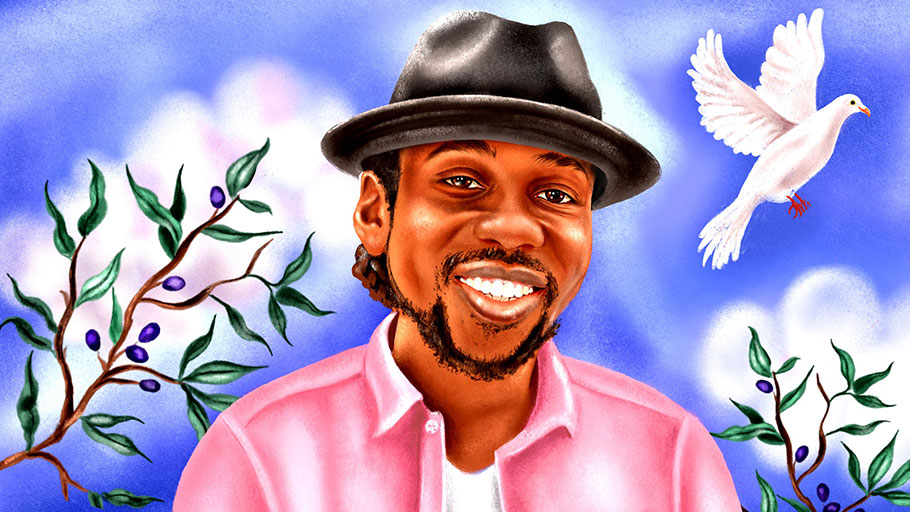
By Nick Fouriezos, OZY — Maurice “Moe” Mitchell stalks the stage aggressively, barking lyrics in pointed contrast to his black T-shirt, which reads in bold white letters: “Don’t Shoot.” It’s August 2014, and the socially conscious punk rocker is grieving. Not just because this Afropunk Fest show is his band Cipher’s first in three years after the death of its drummer Danny Bobis, but also because, less than three weeks earlier, the…